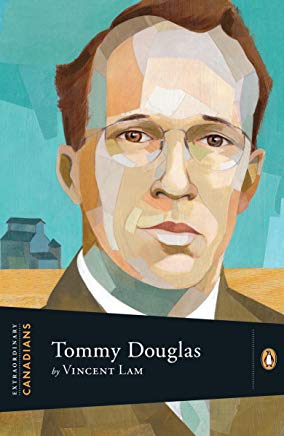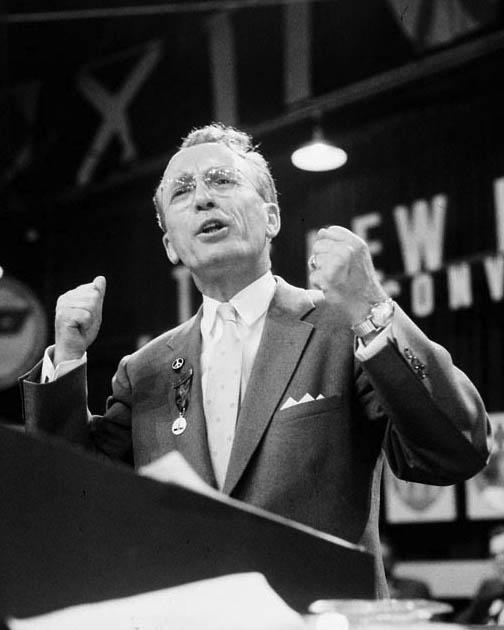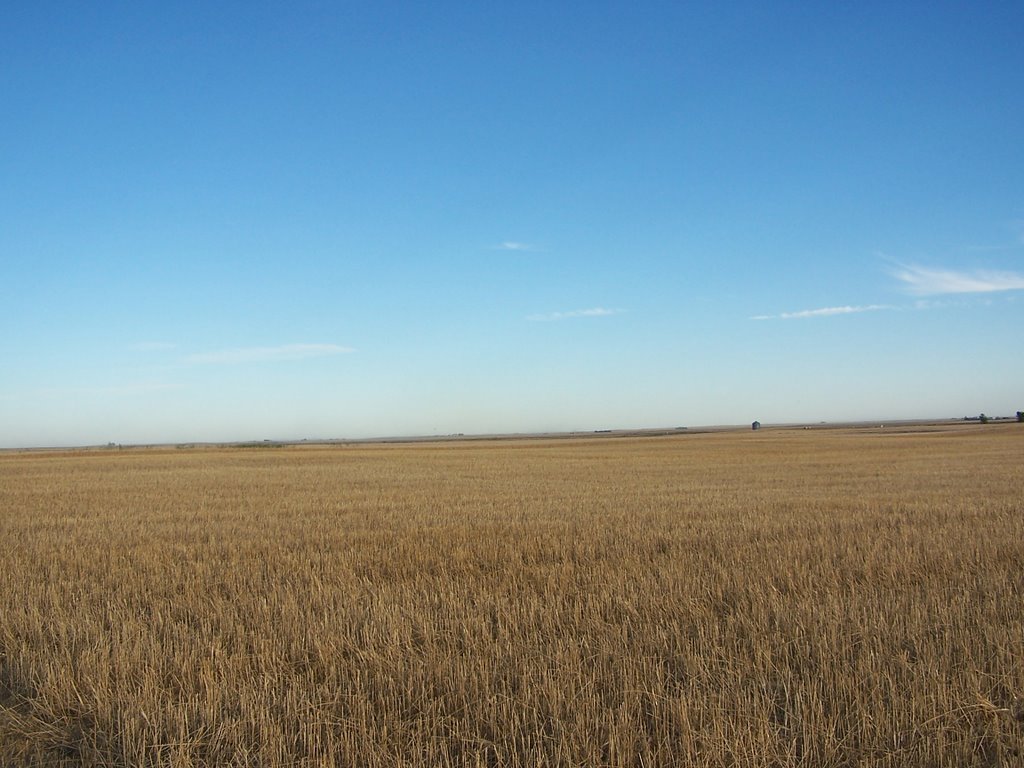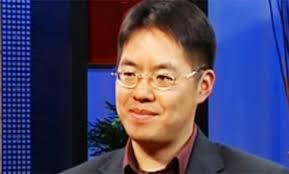GoodReads Meta-data is 208 pages, rated 3.96 by 95 litizens
Genre: biography, leadership

Verdict: One of kind.
When the BBC ran its ‘Greatest Briton’ contest in 2002, it started a trend quickly aped by other broadcasters looking for a ready-made audience to offer advertisers. In Portugal the contest led to António Salazar and in Finland to Carl Mannerheim. In Canada, the CBC version yielded Tommy Douglas (1904-1986). Tommy who? He was neither a founder nor a general nor a wartime leader. But he certainly was a great man. Intrigued? Read on.
The BBC exercise yielded the obvious: Winston Churchill. A few readers will recognise Salazar as the long-serving dictator of Portugal, and fewer still will recognise Mannerheim as the Russian-speaker who created and re-created Finland. (Books about both of these Greats are discussed elsewhere on this blog. Get clicking.) But will any but Canucks recognise Tommy Douglas. Read on and be informed.
Scots-born Douglas was brought to Canada by his immigrant parents. His father, a soldier in the Boer War, wanted a better life for his children. Young Tommy contracted osteomyelitis and doctors prepared to amputate his right leg. However, an orthopaedic surgeon who happened to be visiting the hospital offered to treat the boy experimentally with a new technique at no charge. He did and the leg was saved, and an apostle of universal, free medical care stood up. However, the bad leg cut short his pugnacious boxing career.
He became a Baptist preacher and worked hard at caring for the flock, his own and more. He saw many social evils and injustices that others took for granted as challenges to be overcome. His church was in Weyburn Saskatchewan (near Dog River). He burned with energy and went here and there, as preacher, hockey coach, social worker, advocate, visitor, volunteer fire fighter, fund-raiser, confidant, snow shoveler, carer, friend in need, and more.
Douglas enlisted for World War II in 1939 and worked his way up to Captain but when overseas deployment came, so did a rigorous physical examination, which found that leg deficient and he was discharged. His unit, by the way, went to Hong Kong and was obliterated by the Japanese attack.
He was a bright boy and a bright man and he had gone to Chicago to do a Masters Degree. How that was funded I am not sure. He returned and transferred to McMaster University where he completed a thesis endorsing eugenics. At the time the Swedish Labor Party was putting into practice a national program of eugenics that today no one wants to remember. Indeed I have seen efforts to blame others for this clearly enunciated program.
Douglas is quoted as dismissing the intellectuals he met in Chicago as airheads of sorts. Too bad he did not make it to Hull House on the near West Side to meet Jane Addams. I suspect Douglas was a small fish out of water in Chicago and left before he settled. On this point, as on many others, the author takes Douglas’s own words as complete and final. Not everyone else will.
His personal experiences and observations of his parishioners drove him into politics. First he advocated their causes individually but soon he saw patterns and quickly became a founder of the Co-operative Commonwealth Federation (Farmer-Labour-Socialist) or CCF for short, which entered Canadian politics as a third force between the Liberals of McKenzie King and the Conservatives of Robert Bennet. He was one of seven in the first class of CCF members of the Federal parliament in distant Ottawa and went at things headlong. He was a stemwinder at the dais (pulpit) and the author quotes from his many speeches.

Douglas at the podium.
We get less sense of what Douglas contributed to the grind of parliament in committees. The world then as now is full of people parading their virtues, but it is always short of grinds to get anything done. Why do I think of Bernie Sanders?
On the stump Douglas was a mercury, here, there, everywhere. He could make himself heard in a crowd, match wits with hecklers, and undo opponents’ argument, while maintaining a common touch. It is no wonder that McKenzie King tried several times, perhaps on the advice of his long-dead mother, to recruit him to the Liberals. No wonder John Diefenbaker, a Conservative Prime Minister, emphasised their commonalities.
He shifted from Ottawa to Regina, from federal to provincial, and to one of the poorest provinces at that. Needless to say Pox News and the opposition castigated the CCF as Reds and ran endless scare campaigns, but since the vast majority of voters in Saskatchewan had little to lose, they had little to fear from the wild accusations. That fatalism made the CCF and Douglas a better bet than the status quo. In 1944 the CCF won in a landslide, wining 47 of the 52 seats with 53% of the vote, and Premier Douglas set to work. The author suggests that the voters understood and accepted Douglas but I rather think there was some of the fatalism mentioned above at work, too.
For the Douglas government the solution to every problem was a crown corporation to supply rural electrification, school buses, cross walk safety, and so on. The size of the Saskatchewan government grew, but Douglas, unlike so many others of like mind, was conscious that before money was spent it had to be earned, and the priority was always economic development to generate that income to spend on the social programs.
Douglas was the visionary leader with the rare sense to have deputies who were excellent managers to finance and direct work toward the goals he articulated, chiefly George Cadbury, C. M. Fines, and Clarence Gillis.
He continued in office until 1961, during which time his major achievement was a single-payer, universal hospital and health care program. One of the things that made medical care easier to develop in Saskatchewan was the tradition of town doctors there, as in some American states. A town doctor was employed by the town and paid in cash, as a way to recruit and retain a doctor in what was otherwise a local barter economy and a poor one at that, unlikely to attract a young medical school graduate with a family to support. A doctor choosing such a community could be assured of a monetary income and a client base. There were thirty of forty of these in Saskatchewan when Douglas became premier.
Saskatchewan also introduced no-fault automobile insurance, enhanced and enforced pension laws, nationalised electricity companies to provide rural electrification, allowed public sector unions, and passed a bill of rights that protected Inuits, native Indians, and Francophones. The New Eden was in the endless flatlands of Saskatchewan.

Saskatchewan became a political laboratory in which new practices and programs were tested. By 1958 a Conservative government in Ottawa began to create a national health insurance program derived in good part from the province’s example. Yes, a conservative government adopted a program pioneered by a socialist government. That is the way reality works.
The Murdoch press of the Pox News of the time and place saw the sky falling every day in these measures.
While all this was going on the provincial government ran a budget surplus. Read that twice. Ran a financial surplus. In fact, the Douglas government paid off the considerable deficit left by the previous Liberal government which had thrown money around to buy votes.
He resigned as premier in 1961 to head the rebranded CCF in Federal politics as the New Democratic Party (NDP) which he did until 1971 when he stepped aside as leader in one of the most gracious such moves ever to be made. He remained in parliament, a dutiful backbencher until 1979 when he retired. His successor was a long-time collaborator, the Francophone Jew from Montreal, David Lewis who set a few records of his own.
The role of the NDP in Federal politics was largely symbolic. The substantive efforts of the Party were always in the programmatic politics of the provinces, and over the years it has governed in Saskatchewan long after Douglas left, as well as Alberta, British Columbia, Manitoba, Nova Scotia, Ontario, and Yukon Territory.
Politics makes strange bed fellows. True. In the 2011 Canadian federal election the NDP won a record 103 seats nationally to make it the offical opposition to the Conservative government. Strangely none of those seats were in Saskatchewan. Stranger still, 59 of those seats came from Quebec. Yep, though Quebec had never been fertile ground for the NDP in provincial politics, largely because its policy space has been occupied by the Parti Québecois. Indeed it barely existed on that side of the Ottawa River Valley. In the previous 50 years only two NDP MPs (one of them David Lewis as above) had ever been elected from Quebec’s 70+ federal constituencies. That 2011 result in Quebec was due to an odd combination of local factors and it was not sustained in the next election in 2015. Nor did it invigorate a Quebec provincial branch of the NDP. The NDP wave in Quebec went as fast as it came.
In October 1970 Douglas spoke and voted against the declaration of the War Measures Act. Just as he had spoken and voted against the same act used to intern Japanese-Canadians in 1942. Liberty should not be sacrificed to maintain liberty. His was virtually the solitary voice of reason in a time of unreason.
Douglas’s achievements were many, real, and enduring. All hail! Yet it is also true that big and bigger government is not always the answer. What Douglas did not confront and what the author seems to be unaware of is that big government can be the problem just like big business, big religion, and big labour. When there is a single supplier of a public good, it can be held hostage in a number of ways.
In Australia for a generation labour unions used the monopoly suppliers as cash cows. State owned train and bus services were locked in an endless round of strikes, usually arising out of disputes among unions, not bargaining with the employers who really gave in to avert strikes and passed the cost on to the taxpayer. Likewise the big single supplier presents many opportunities for corruption from within. Again the examples are local when contracting is so lucrative because of the scale, the temptation to exploit loop holes is great. NSW State Rail had an unenviable record of such shenanigans. A giant single supplier like Telecom had become an independent country in which users were not tolerated. It existed to serve its employees and no one else.
Nor does free health care relate directly to his own experience. In fact, one might argue the reverse. The surgeon who operated on him devised techniques on his own and used Douglas as an experiment. In a centralised and controlled health service there could well be no opportunity for a surgeon to think outside the conventions, and still less to use a patient as an experiment.
Time to dismount the high horse. (Until next time.)
*****
The book certainly conveys the man but this reader wished the author had put a little more distance between himself and the subject. It is all too much Tommy said it and that made it so. When others opposed a suggestion of Tommy’s the author can only conclude the motivation is bad will. What other reason could there be? Well, I don’t know and I did not find out by reading this book. But I am pretty sure that not all his opponents were the selfish malcontents they appear to be in these pages.

Still it is fitting that Vincent Lam is a medical doctor who works in the system Douglas was instrumental in creating.
A personal note, I had been in Canada less than a month when on campus I walked by an auditorium full of people. I peered in a back door and stood there to see Tommy Douglas holding forth. I knew not who he was but I recognised the Baptist preacher in him.
Later in the early 1970s I sat through a few NDP meetings out of zoological interest, and one, I think it was in Ottawa, was memorable. This was the time when the so-called Waffle Faction was destroying the NDP from within. No sewer socialism with practical gains for citizens satisfied the lefter-than-thou purist of the Waffle. A speaker who believed in decision-making by attrition at the branch meeting had been haranguing we few sitting on the floor for at least an hour (believe me when I say it seemed like much more) when a fellow scientist broke cover to ask if Canada was so bad (corrupt, capitalist, racist), as the speaker had been saying, what was the model to follow? ‘Albania!’ said the orator without missing a beat or batting an eye. Albania!
Coda: These surveys of the greatest individual often end with a political leader despite the lazy five-cent cynicism that the media promotes about politicians and that most of the public seems to imbibe. Though I expect done in Australia, and so far as I know it has not been done, despite the desperate efforts of broadcasters to latch on to superficial ideas and do them to death, Don Bradman would surely pip Robert Menzies and Gough Whitlam along with Victor Chang, Alfred Deakin, Howard Florey, Cathy Freeman, Percy Grainger, Shirley Hazzard, Xavier Herbert, Frank Lowy, Eddie Mabo, David Malouf, Douglas Mawson, Gustav Nossal, Mark Olphant, Albert Namatjira, Charles Perkins, Joan Sutherland, and Nancy Wake.
Skip to content
